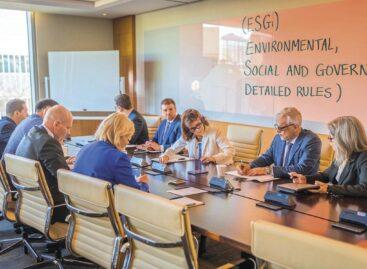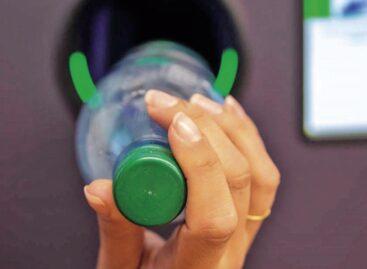Manufacturers and importers both affected by the newly introduced waste management obligations
On 1 July 2023, the Extended Producer Responsibility (EPR) system entered into force in Hungary. The new rules will significantly change industrial waste management processes.
This article is available for reading in Trade magazin 2023/8-9.

Guest writer:
Dr. Kristóf Bán
legal expert
Réti, Várszegi and
Partners Law Firm
PwC Legal
The EPR system was put in place to comply with the European Union’s waste management guidelines, and it imposes new fees and administrative burdens on the manufacturers and first domestic distributors of circular products.
In Hungary MOL Nyrt. has been awarded the concession to carry out public waste management tasks from July 2023. A concession company established by MOL, called MOHU MOL Hulladékgazdálkodási Zrt. (MOHU), will do the public waste management tasks, and it will also be responsible for the operation of the EPR system. (As a matter of fact, it isn’t typical in the EU that the state performs the EPR tasks.)
One of the main questions is which products qualify as circular products and fall under the EPR scheme? Under the current rules, the EPR obligation in Hungary covers a wider range of products than required by the EU, including packaging, certain single-use and other plastic products (e.g. cups, bags), electrical and electronic equipment, batteries and accumulators, etc.
If a producer or importer puts a product covered by the EPR scheme into circulation, it must register it with the National Waste Management Authority (OHH), and keep up-to-date and detailed records of these circular products, reporting to OHH on a quarterly basis. The EPR system shifts the burden of financing the collection, treatment, recycling and disposal of waste at the end of the life-cycle of circular products onto the obligated parties. //
Related news
Consumers have already received almost 12 billion forints back through MOHU’s REpont application
The number of transfers made directly to bank accounts through…
Read more >ESG – about sustainability standards, from a legal perspective
Since December 2023 several pieces of legislation have been published…
Read more >Related news
GKI analysis: Why do Hungarian households live more poorly than anyone else in the EU?
Imagine that the residents of every EU country shop in…
Read more >KSH: industrial producer prices decreased by 0.7 percent in May 2025 compared to the previous month, and increased by an average of 6.9 percent compared to a year earlier
In May 2025, industrial producer prices were 6.9 percent higher…
Read more >Consumption drives the economy
According to the latest forecast by the Balance Institute, the…
Read more >






